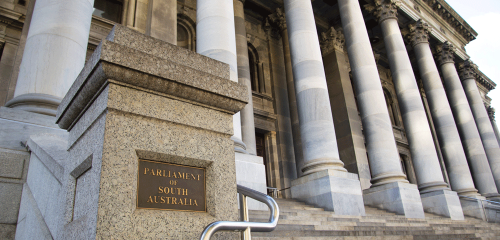The Department of Human Services (DHS) brings together a range of services, funding and policy responsibilities which together support fairness, opportunity and choice for all South Australians.
DHS has lead responsibility on behalf of the South Australian government in the areas of early intervention to support children's wellbeing, disability, domestic violence, safety and wellbeing of children, screening services and youth justice. The department also provides a wide range of grants to community organisations, and concessions.
DHS has lead policy responsibility in relation to women, youth and volunteers.
Leadership
Sandy Pitcher is the Chief Executive for the Department of Human Services.
DHS organisational chart (PDF 337.0 KB)
Our department reports to the Government of South Australia Ministers, with portfolio responsibility for what we do.
Our Ministers
Meet the passionate Ministers who bring their unique skills, humanity, and love for community to their DHS leadership roles.

Open Government
Supporting accountable, responsible and inclusive governance to promote transparency and fight corruption.

Our Department
We develop and implement modern, innovative and relevant services across South Australia.

